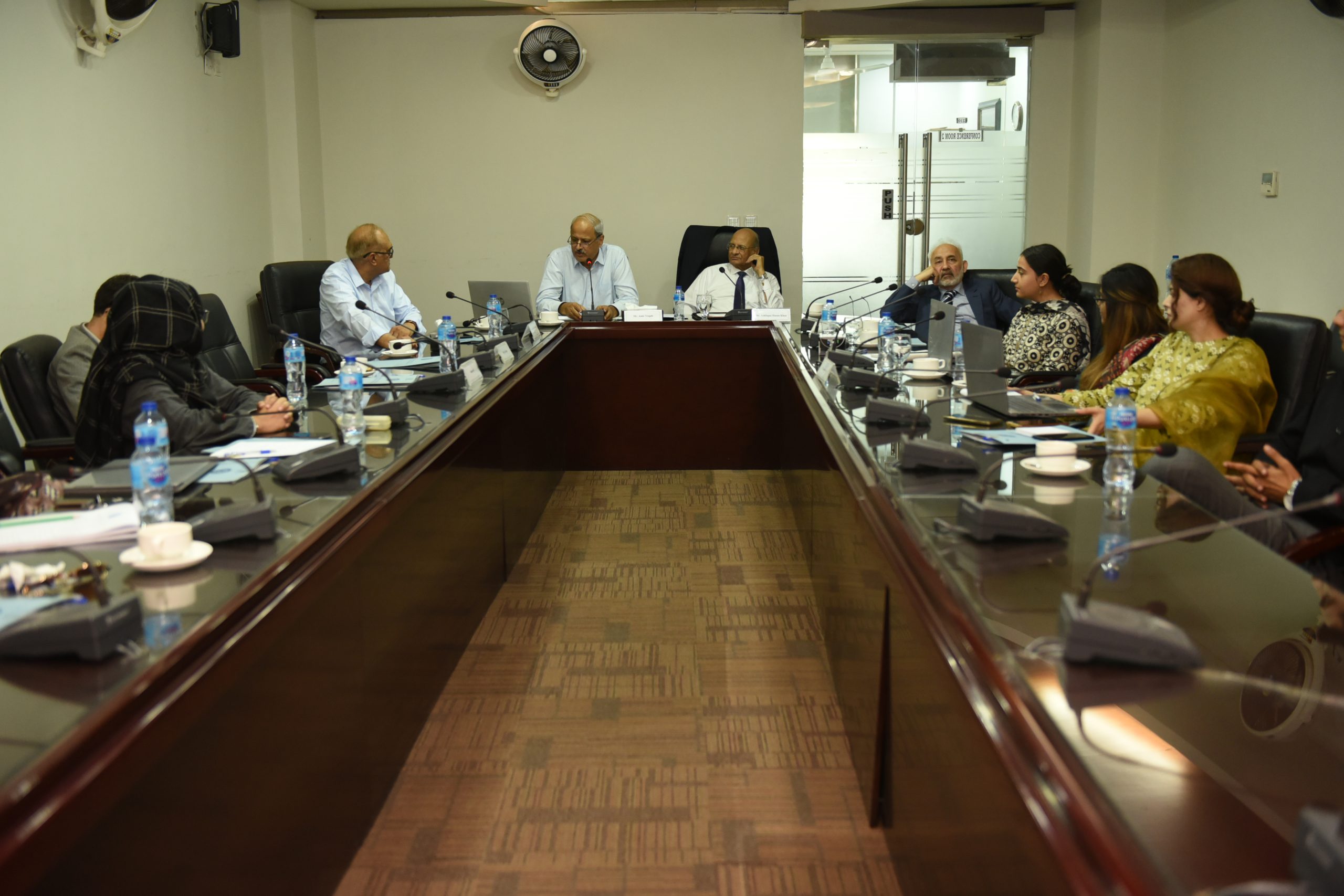Pakistan: Image Building and Perception Management
-Share this story:
Islamabad September 7, 2023 – The NUST Institute of Policy Studies (NIPS) organized the webinar on ‘’Pakistan: Image Building and Perception Management” on Thursday, September 7, 2023. The webinar was moderated by Mr. Amir Yaqub, Director, NIPS, and had substantial participation from people worldwide, including veteran statesmen, academic experts, international think tank specialists, researchers, and students.
The first keynote speaker, Mr. Javed Jabbar, former senator, delivered an insightful lecture on the “Nation Branding: Strategic Imperative for 21st Century National Growth and Development.” During his talk, he focused on Pakistan’s outstanding historical accomplishments, the country’s extraordinary potential, and the pluralistic and flexible nature that makes it a strong and competitive nation. He added that historically Pakistan’s standing abroad has held up well despite the domestic issues.
Mr. Jabbar emphasized that to enhance Pakistan’s reputation abroad, there is a need to address the inequalities within the state. To achieve this, institutions must promote a responsible, flexible, and inclusive culture. He further added that Pakistan is a nation with tremendous strength, vitality, and extraordinary potential which is frequently overlooked. Moreover, a three-pronged strategy was advised to address these problems: fostering ties with the business community, governmental organizations, and civil society.
The second keynote speaker, Mr. Toaha B. Z. Qureshi (MBE), Founder and Chairman of the Forum for International Relations Development (FIRD) and Trustee of NUST Trust Foundation, discussed “Realizing Pakistan’s Soft Power Potential through Global Media and Image Management.” During the keynote, Mr. Qureshi stressed the significance of soft power and its ability to build a positive global image of Pakistan.
Mr. Qureshi conducted a comparative analysis that highlighted the strengths and weaknesses of Pakistan, which has the fifth-largest youth population, a leading agriculture exporter, and has the second-largest salt mine in the world. However, it confronts challenges such as poor governance, a lack of accountability, and insufficient rule of law, which must be addressed to unlock its true potential.
Mr. Qureshi, focusing on five essential components of soft power, emphasized the need to rethink narrative construction. To combat the polarization created by widespread misinformation about Pakistan, he stressed the responsibility of every citizen to not be misled by misinformation and to always fact-check.
In addition, Mr. Qureshi stressed that the youth of Pakistan possess considerable potential and can contribute to the nation’s development while preserving its values and culture. Lastly, he highlighted the importance of national news channels’ responsibility in actively promoting Pakistan’s rich culture and diversity to attract tourists and attract international attention.
Following the keynote addresses, there was a comprehensive discussion session with veteran statesmen and international participants centered on the significance of narrative building and perception management, highlighting the diaspora’s responsibility in promoting inclusivity and culture.
In the closing remarks, Dr. Ashfaque Hasan Khan, Principal of NUST School of Social Sciences and Humanities and Director General NIPS, emphasized the fundamental responsibilities of all Pakistani citizens, the promotion of a positive perception of Pakistan, and the enormous potential that the country’s youth possess. In the end, he expressed his gratitude to honorable speakers and participants for their active contributions to the discussion session.




